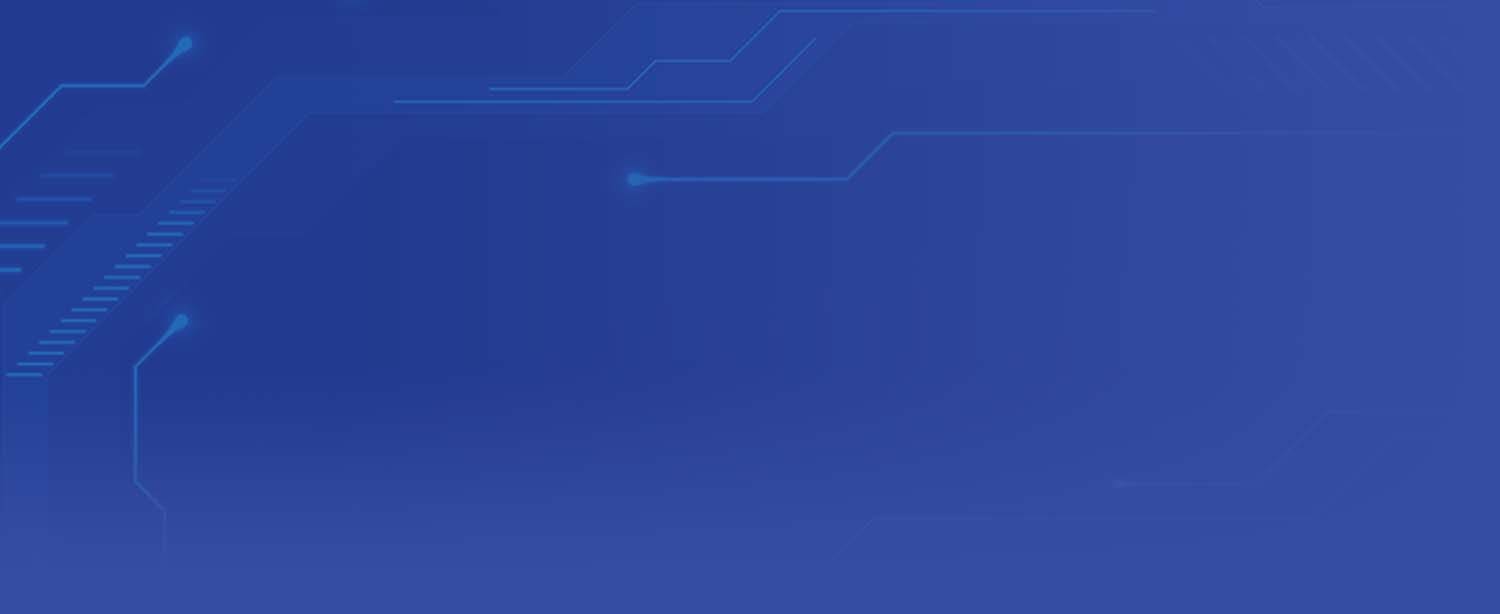Since the start of the 2000s, many have shifted to living online as a way of life. Companies and organizations are also in the mix. They use the internet to grow their presence. They do this by making websites and advertising online.
Yet, the increase in online use also led to clever new ways to commit crimes through cybercrime. Phishing, malware, viruses, and ransomware—you name it all. Approximately 343,338,964 people were victims of cyberattacks in 2023 alone. That translates to a lot of money.
Organizations prompt their employees to take cybersecurity awareness training. An established cyber security services company provides this.
You can also prevent these cybercrimes by yourself. Here are ten foolproof ways to protect you and your data.
1. Ensure multi-factor authentication on your devices
Multi-factor authentication (MFA) requires two or more user authentication processes. It is a security method for accessing an account or service.
Google has two-factor authentication. You must match the number presented in your main device on a new device. Only then can you log in.
Other services also perform multi-factor authentication. They do it by asking security questions, providing fingerprints, and doing facial recognition. This prevents cyberattacks. The security method relies on your uniqueness.
2. Create strong passwords
For starters, a strong password must be more than 12 characters. It should also mix uppercase and lowercase letters. It should also include symbols.
Many hackers and fraud experts hack accounts. They have easy-to-guess passwords, like birthdays or sequential numbers. Do not put these types of passwords into your system.
Besides, consider writing down your passwords on a secure application or a notebook. Also, do not use the same type of password on many accounts.
3. Backup your data.
Data backup is crucial. You can access your data offline without risking it to cyber attackers. This is a backup that is usually done by using an external hard drive or cloud service.
Also, data backup reduces the occurrence of malware, especially ransomware.
4. Protect your devices.
We have discussed the essence of a good password. Use these strong passwords for your accounts. Use also these passwords on your devices. No password protection on your devices is a red flag. It can be a chance for cyber attackers to hack your personal information.
5. Be wary of fishy websites or malicious links.
These are websites or links used for phishing or spoofing. Criminals use them to impersonate real companies to steal or commit fraud with your data. A wide range of companies or organizations may fall victim to phishing. But, attackers usually imitate banks. They can get huge amounts of money this way. They do it by entering social security numbers (SSNs) and passwords.
If you encounter these websites or links, make sure to avoid clicking on them at all costs. If for instance, you have decided to click on it, check its interface. Does it ask for your personal information? Is the website relevant to the link you clicked? Does the website have grammatical errors? Does it seem like clickbait? If so, close the website immediately.
6. Do not share personal information.
This is usually a common mistake made by social media users. You can see some who post their passports, licenses, or bank account information. Do NOT do this. Doing this will cause you more harm than the short-term clout that you want to get. Cyber attackers are everywhere. Keep your information to yourself to prevent identity theft or impersonation.
7. Update your software.
The newest versions of your software ensure the best quality. They do this by protecting your data. Old versions may have big holes. Attackers can use them to hack your data. So, update your software if allowed.
8. Download established antivirus and firewall software.
If your computer lacks them, download them. They will help you avoid malicious links and sites that may steal your data.
9. Guard your profile
Several websites offer options. They let you restrict or lock your profile from outsiders. You can emphasize hiding your profile on Facebook, Twitter, and Instagram. Also, on other websites that show your digital trail. As said before, we said not to add information that may ID you to a cyber attacker.
10. Only download files from trusted sources.
Some files can be malware or viruses. So, check the site you get files from before downloading them.
Trusted Cybersecurity Services in Kenosha
Absolute Computer Systems is the leading cyber security services company in Kenosha, Wisconsin. We do penetration testing and encryption. We can also give cybersecurity awareness training to your employees.Your company is safe with our help. We also offer IT support to enhance your computers’ full potential. Ring us at (262) 942-8572 or contact us here.



